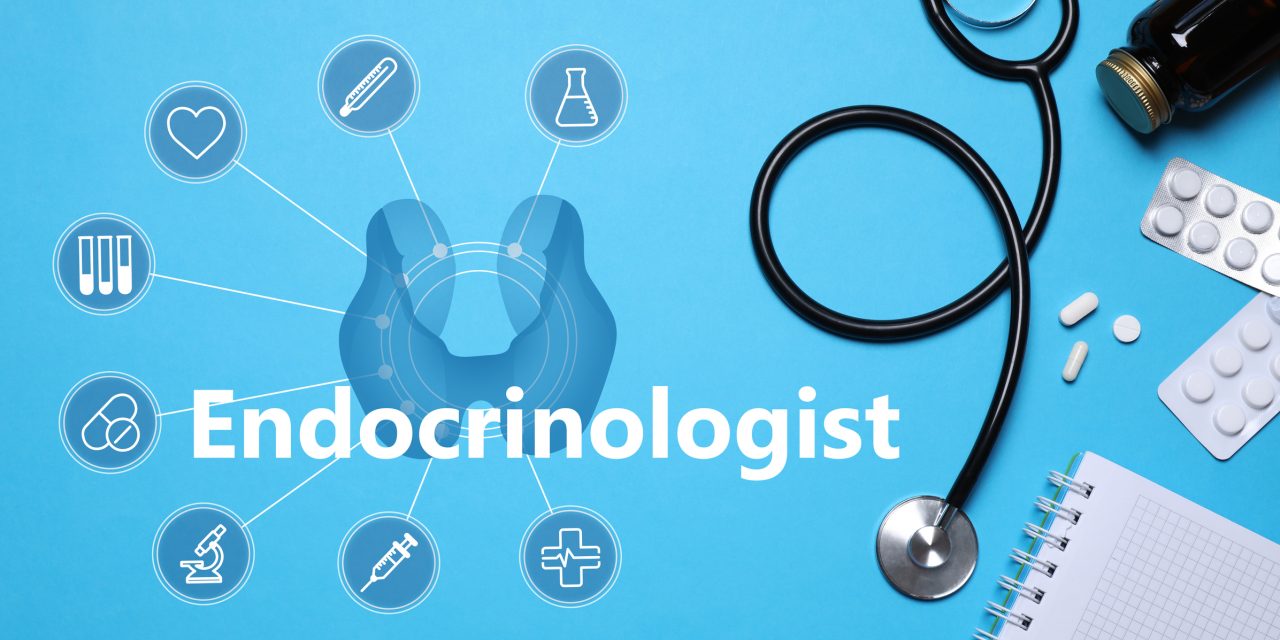Anti-Müllerian hormone (AMH) is a biomarker reflecting ovarian reserve. A low AMH level before 39 years may be associated with a risk of menopause between 40 and 45 years. The risk of onset of premature ovarian insufficiency (POI) is, however, poorly documented. The objective of the study was to determine the prevalence of POI 5-10 years after an AMH assay below 8 pmol/L.
We included women aged younger than 36 years who underwent a complete workup for infertility between January 2008 and December 2013 at the University Hospital and had an AMH level less than 8 pmol/L. In 2018, 47 of these women were assessed clinically, and 21 of them agreed to undergo an ovarian reserve test.
The prevalence of POI after at least 5 years was 8/47, or 17 % [8 %-31 %]. The median time to diagnosis was 5.1 years [2.9-7.3]. There was a significant difference at T0 in the regularity of cycles between the two groups (p = 0.024) and in their baseline serum AMH level: 6.0 pmol/L in the non-POI group vs 4.2 pmol/L in the POI group (p = 0.002).
Serum AMH < 8 pmol/L before the age of 36 years appears to be a risk factor for POI. These women require regular follow-up, especially if their cycles are irregular.
Copyright © 2020 Elsevier B.V. All rights reserved.
AMH assessment five or more years after an initially low AMH level.


